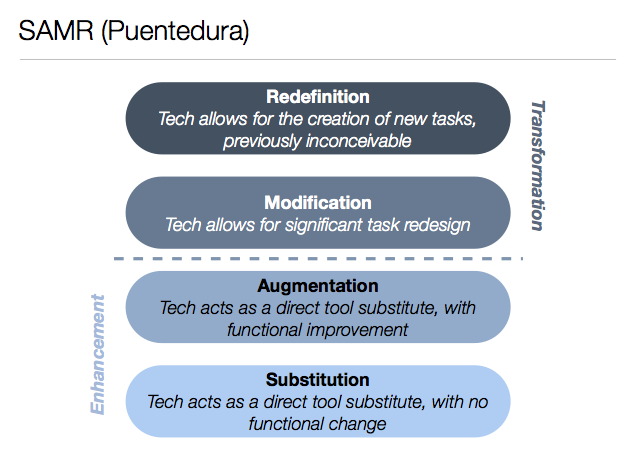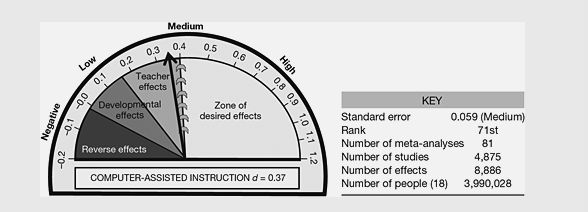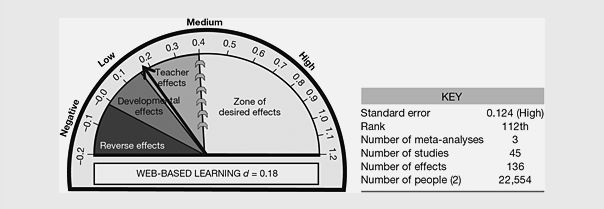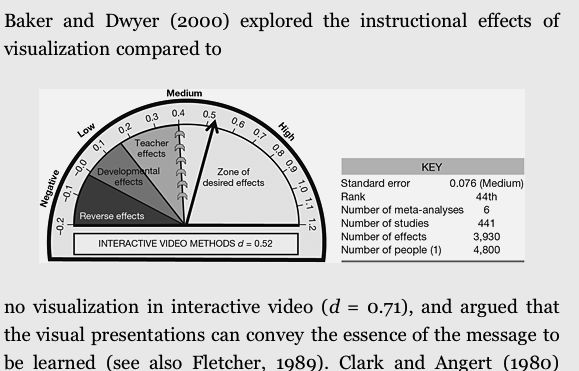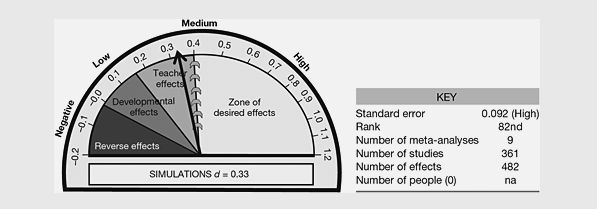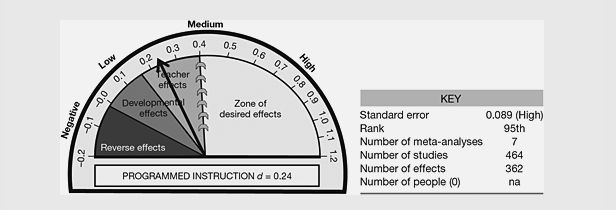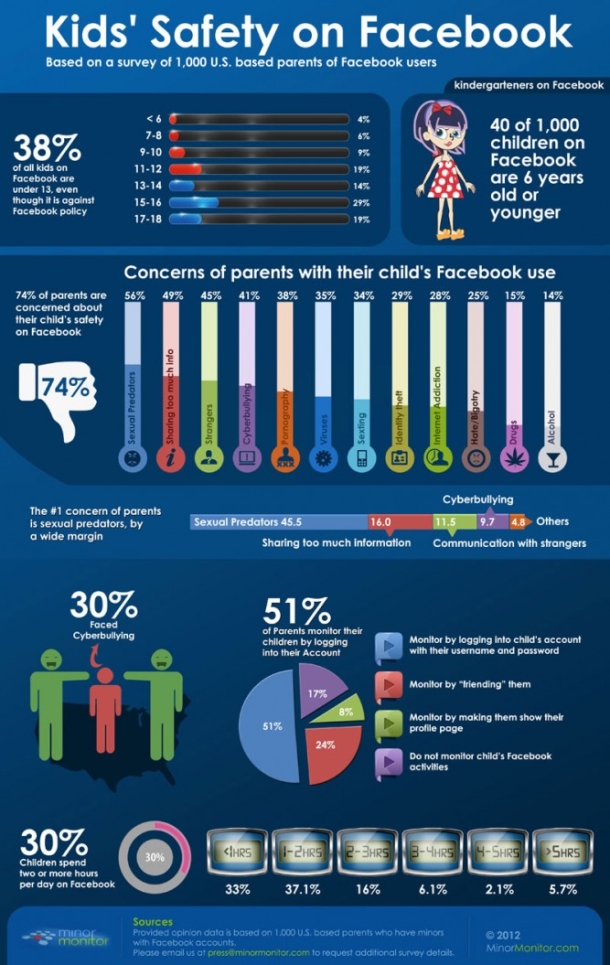Bothering me…
The more I’m reading recently about Trump, the more I’m wondering about how the general public is being manipulated in ways that are far more profound than any we have seen throughout history. Psychology has always informed the practices of advertising and marketing over the years and many early manipulative methods of subliminal messaging were flagged early as unethical and generally managed or banned. But, in recent years, and with technology now more capable of quick reaction and easy editing, you have to wonder if the manipulative practices of subliminal and other psychological strategies are becoming more and more prevalent along with a declining set of ethical boundaries associated with their use.
The Russia scandal in particular seems pertinent to discuss from a psychological perspective because of the way predispositions were weaponized in the delivery of content psychologically crafted to have a desired effect. This follows the methods of marketing that use the same data to coerce consumption of various products and services. Much of this plays from the psychology of Fear of Missing Out (FOMO) or similar strands of psychological conditioning.
In the case of the Trump era, we are now finding out the depth to which Donald Trump has used the systems that have emerged to provide status and exposure, e.g. Forbes list, to build a profile associated with manipulating monetary expenditures, political favor, and overall status related opportunities. When viewed from a higher altitude, a picture of well designed pathways to greater and greater access emerges. You begin to understand how this was carefully architected and it becomes less and less likely that this was accidental or deserved.
As a result of these insights, I find myself watching POTUS speeches, fully expecting our Commander in Chief to stop mid-stream, as is often the case, to deliver the message that the joke is on us and that his path to the White House was a proof of concept for manipulation of the masses and, further, that his decade of genius has played out as expected, proving that anyone can manipulate the electorate into selecting just about anyone for the highest office in the land — if they simply understand and apply the psychology of tyranny.




